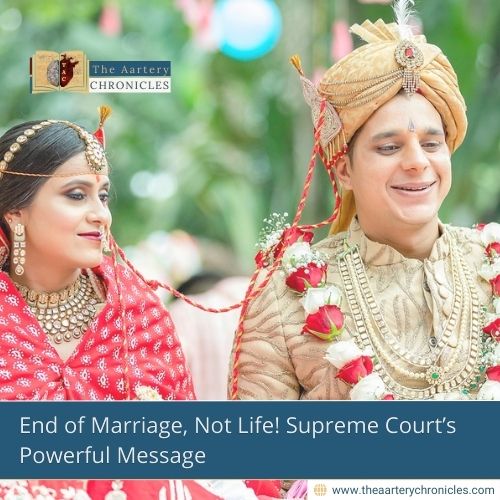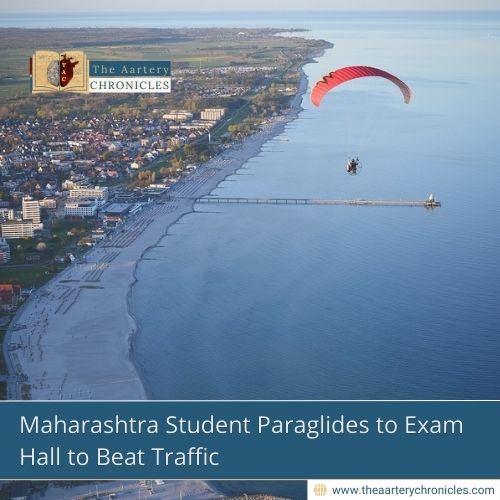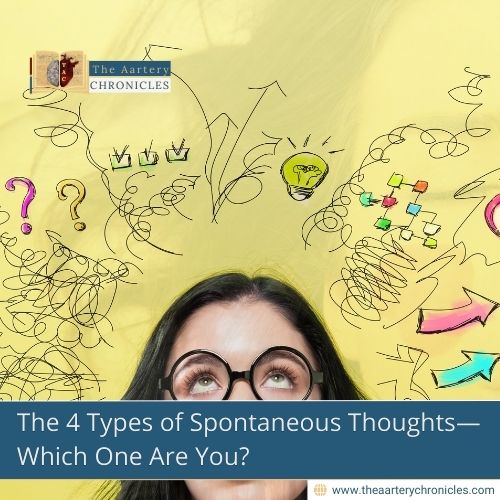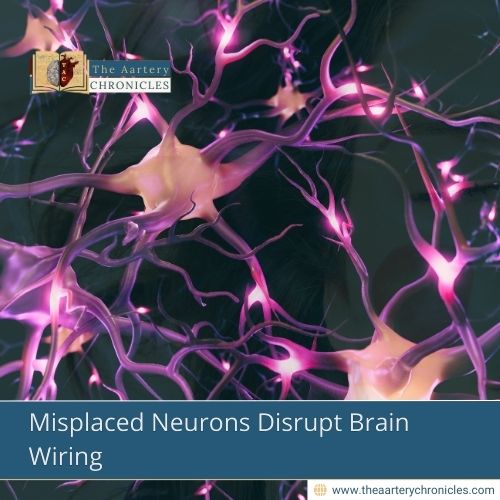

End of Marriage, Not Life! Supreme Court’s Powerful Message
The Supreme Court of India recently dissolved the marriage of a young couple, emphasizing that the failure of a marriage does not signify the end of life. The decision was made under Article 142 of the Constitution, which allows the apex court to exercise its special powers in extraordinary cases. Additionally, the court terminated all ongoing legal disputes between the couple and their families.
Legal Battles and Marital Breakdown
A bench comprising Justices JB Pardiwala and R Mahadevan ruled in favor of dissolving the marriage, which had been marred by multiple litigations since the couple separated within a year of their wedding. The case involved legal proceedings in both Maharashtra and Madhya Pradesh, with the wife filing cases of harassment and domestic violence against her husband and in-laws. In response, the husband and his family had also initiated legal action, seeking damages and case transfers.
Court’s Advice: Move Forward, Avoid Prolonged Litigation
The Supreme Court highlighted that prolonged legal battles would not serve either party’s best interests. The bench advised the couple to focus on their future rather than engaging in years of litigation. “Since the marriage has failed, it is in the best interest of both parties to move ahead and start anew,” the court stated. It also noted that at least 17 different legal proceedings had been initiated between the two families.
Termination of All Pending Cases
To prevent further disputes, the court ruled that all existing legal proceedings related to the case were terminated. This included any pending or undisclosed cases between the couple. The judgment, delivered on February 11 and released later, ensures that both parties can move forward without legal burdens.
Supreme Court’s Power to Grant Divorce
While cruelty and desertion are legally recognized grounds for divorce under the Hindu Marriage Act, the concept of “irretrievable breakdown of marriage” is not explicitly included in the law. However, through a series of rulings, the Supreme Court has developed this principle. A significant ruling on May 1, 2023, confirmed that the Supreme Court could exercise its extraordinary powers under Article 142 to grant a divorce in cases where reconciliation is impossible. This allows the court to bypass the usual six-month waiting period required for mutual consent divorces or contested divorces in family courts.
A Fresh Start for Both Parties
With the dissolution of the marriage, the Supreme Court encouraged both individuals to live peacefully and focus on their future. The ruling marks a significant step in ensuring that couples in irretrievable marital breakdowns are not entangled in endless legal disputes.
By exercising its special powers, the Supreme Court has once again reinforced that a failed marriage should not hinder anyone from starting a new chapter in life.
Source: Inputs from various media Sources

Priya Bairagi
Reviewed by Dr Aarti Nehra (MBBS, MMST)
I’m a pharmacist with a strong background in health sciences. I hold a BSc from Delhi University and a pharmacy degree from PDM University. I write articles and daily health news while interviewing doctors to bring you the latest insights. In my free time, you’ll find me at the gym or lost in a sci-fi novel.








